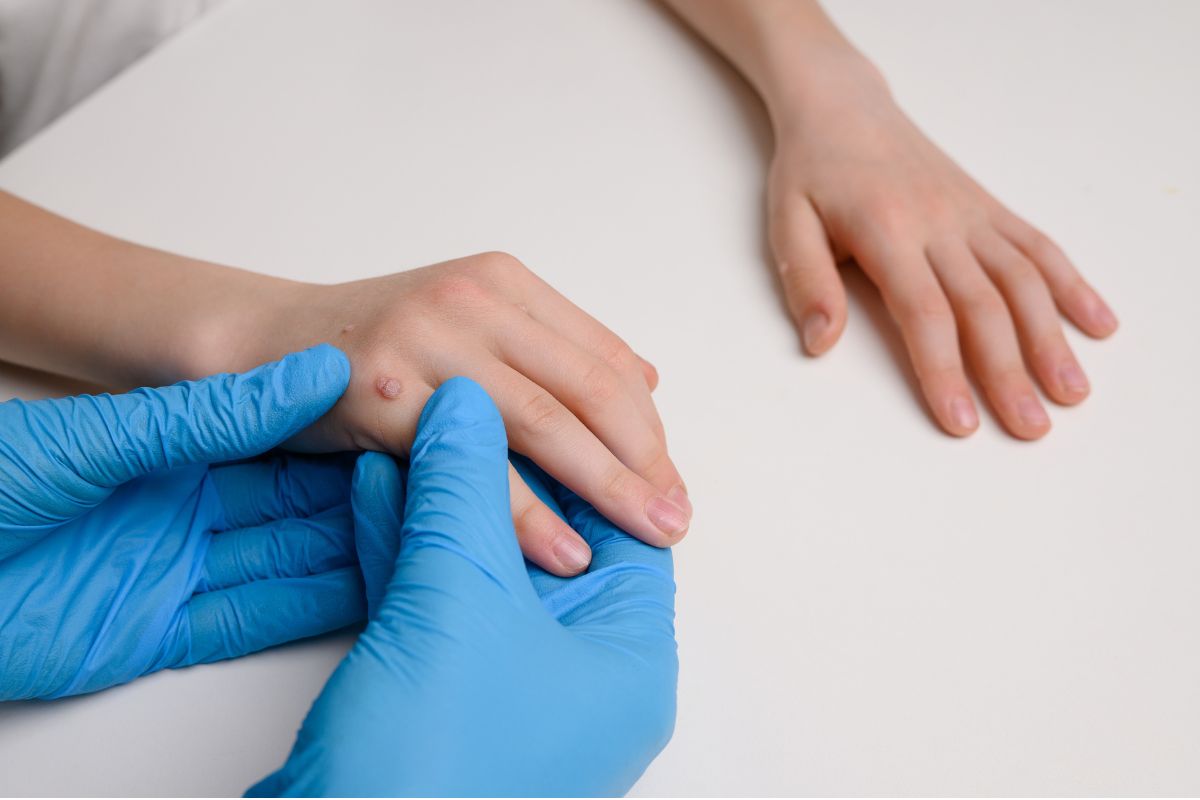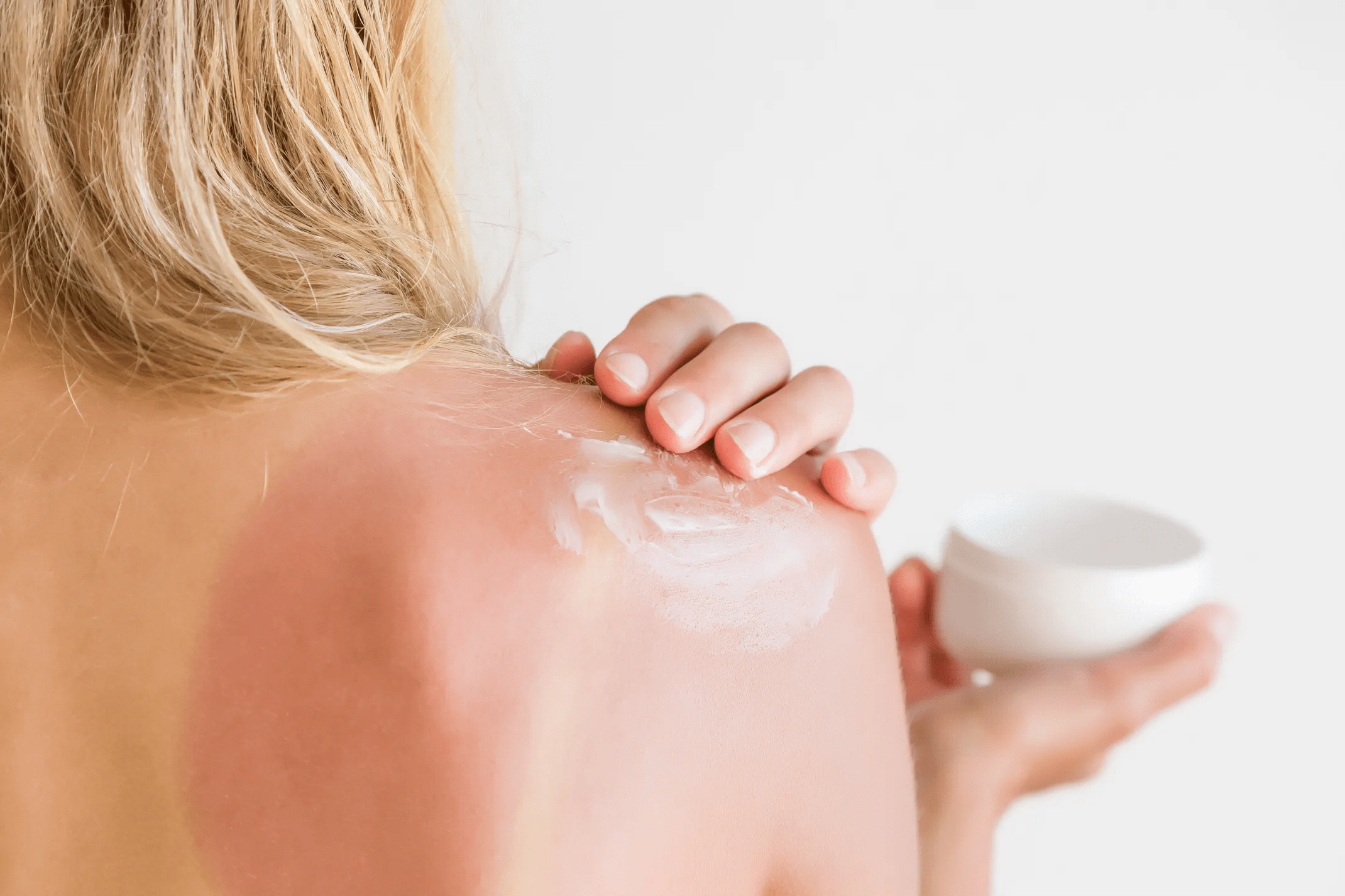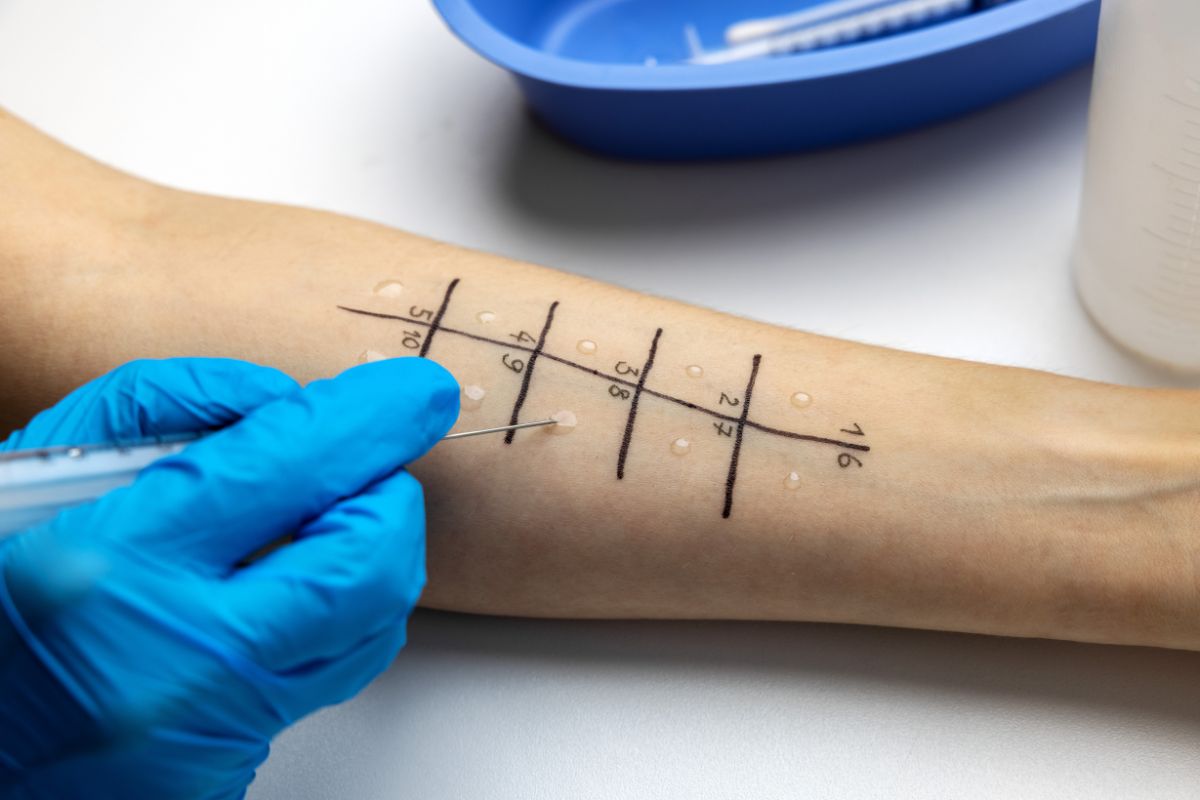Although skin cancer in children is uncommon and often presents differently than in adults, pediatric melanoma and other forms can still develop. Detecting these conditions promptly can support effective management, so parents are encouraged to monitor any unusual skin changes in their children. This guide addresses questions like “Can kids get skin cancer?” and outlines common types, signs to watch for, diagnostic steps, and available treatments.
Can Kids Get Skin Cancer?
Children can develop skin cancer, though it’s less frequent than in adults. Pediatric melanoma is the most common type among kids. According to the American Cancer Society, it represents only about 1% of all melanoma cases. Despite its rarity, parents must stay alert.
Children’s skin is particularly sensitive to UV rays, which can heighten the risk of skin cancer later in life. Protect them from too much sun exposure. Regularly checking for new or unusual moles or changes in existing ones can lead to early detection, which greatly improves treatment success. If you notice anything unusual, consult a healthcare professional.
What Types of Skin Cancers Affect Children?
Several types of skin cancer can affect children, and parents must understand which ones to watch for.
Melanoma
While melanoma is less common than other skin cancers in adults, it’s the most frequent type affecting children and adolescents. It often appears as a new or changing mole, which might be asymmetrical, have uneven borders, or show multiple colors. Children with a family history of melanoma, fair skin, or significant sun exposure are at higher risk. Regular skin checks and awareness of changes in moles or skin spots can help identify melanoma at an early stage. It can advance quickly without prompt care.
Basal Cell Carcinoma
Basal cell carcinoma is rare in children but can develop, especially in those with genetic conditions like basal cell nevus syndrome. It typically looks like a small, shiny bump or a sore that doesn’t heal. While it seldom spreads, early treatment can help prevent local damage.
Squamous Cell Carcinoma
Squamous cell carcinoma usually presents as a rough, scaly patch or a wart-like growth. Children with weakened immune systems or extensive sun exposure are more susceptible. Detecting skin cancer at an initial stage and providing timely treatment help prevent further complications.
How to Get Pediatric Skin Cancer Diagnosed
Start by consulting a dermatologist who specializes in pediatric cases. These experts are skilled at identifying skin conditions in children that can differ from those in adults.
During the consultation, the dermatologist carefully examines your child’s skin, looking for unusual moles, lesions, or changes that might suggest cancer. If they find anything suspicious, a biopsy may be recommended. This involves taking a small skin sample to check for cancer cells under a microscope.
Imaging tests like dermoscopy or ultrasound might be used to get a clearer view of the skin’s layers. These non-invasive methods help assess the depth and extent of any suspected skin cancer.
Before the appointment, note any changes in your child’s skin, including how long they’ve been present and any symptoms like itching or bleeding, to help your dermatologist make a more accurate diagnosis.
Treatments for Skin Cancers in Kids
When a child is diagnosed with skin cancer, treatment depends on the type, stage, and overall health. Here are some common treatments:
- Surgery: Often the first option, especially for localized cancers. This may involve removing the cancer and some surrounding tissue. In complex cases, Mohs surgery is used to remove layers of skin until no cancer cells remain.
- Chemotherapy: Used if the cancer has spread or surgery alone isn’t enough. Drugs target and destroy cancer cells, typically reserved for advanced cases.
- Radiation Therapy: An option when surgery isn’t feasible, using high-energy rays to kill cancer cells, generally for more aggressive cases.
- Targeted Therapy and Immunotherapy: Newer treatments that focus on specific genetic changes in cancer cells or boost the immune system to fight cancer more effectively.
Pediatric specialists work together to find the best approach, aiming to treat the cancer while minimizing side effects. Parents should openly discuss side effects and outcomes with the healthcare team. Have regular follow-ups to monitor progress and address concerns.
Schedule a Skin Cancer Screening
Early detection through regular screenings greatly enhances treatment success, making it a key part of skin cancer prevention. If you’re worried about your child’s skin, schedule a screening.
Affiliated Dermatology provides specialized pediatric dermatology services, ensuring expert care for your child. Contact us today to book an appointment or learn more about our offerings.
Image Credit: Yury Nikolaev / Shutterstock






